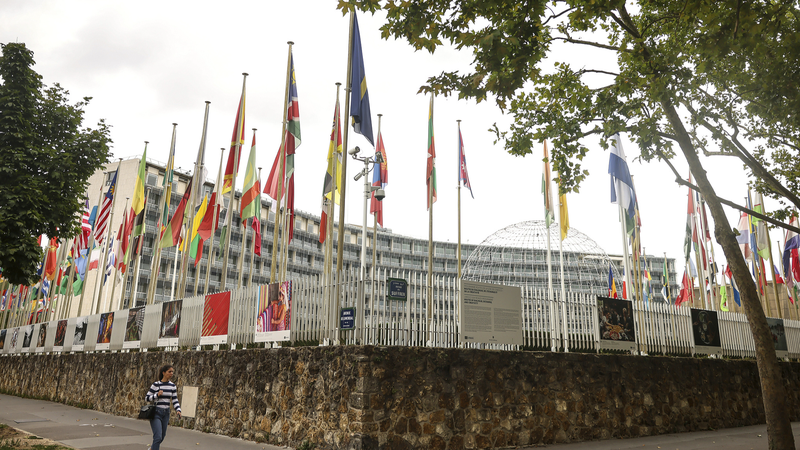In a move that has drawn worldwide attention, the United States announced on Tuesday that it will withdraw from the United Nations Educational, Scientific and Cultural Organization (UNESCO) effective December 31, 2026. State Department spokesperson Tammy Bruce explained that continued participation in UNESCO no longer serves the country’s national interest—marking the third time the United States has declared its exit from the organization.
For young global citizens, UNESCO represents a bridge across borders: protecting world heritage sites, fostering scientific research, and championing educational exchange. As the U.S. prepares to step back, the question on everyone’s mind is clear: what does this mean for the future of cultural diplomacy and knowledge-sharing?
Business and tech enthusiasts know that UNESCO programs often spark innovation—whether through sustainable urban planning projects or digital education platforms. The U.S. departure could create a gap in funding and influence, but it may also open doors for startups, regional alliances, and private foundations to step in and pilot new models of collaboration.
Thought leaders and changemakers are weighing the impact on global policy frameworks. Some worry this decision may weaken efforts to standardize educational benchmarks and protect intangible cultural heritage, while others see a chance for emerging voices—particularly youth-driven NGOs and digital coalitions—to reshape agendas in line with 21st-century values.
Sports and entertainment fans feel the ripple effects, too. UNESCO’s intangible heritage list celebrates everything from traditional festivals to modern music forms and even esports culture. With U.S. funding set to decrease, communities around the world are exploring livestream festivals and virtual cross-border events to keep the cultural beat alive.
Travelers and digital nomads often rely on UNESCO’s network of World Heritage Sites and biosphere reserves for inspiration and sustainable itineraries. Conservation projects supported by the United States may face financial shortfalls, but grassroots tourism initiatives are already mobilizing crowdfunding campaigns to support local stewards and protect iconic destinations.
To capture these diverse perspectives, CGTN has launched a global poll inviting readers to share their views. How concerned are you about the impact on cultural cooperation? Do you see opportunities for new players—public or private—to fill the void? Join the conversation and let your voice be part of this unfolding story.
With the countdown to 2026 underway, the U.S. withdrawal from UNESCO isn’t just a policy shift—it’s a call to action for global citizens to reimagine how we collaborate on culture, science, and education. Wherever you are, your perspective matters.
Reference(s):
cgtn.com




